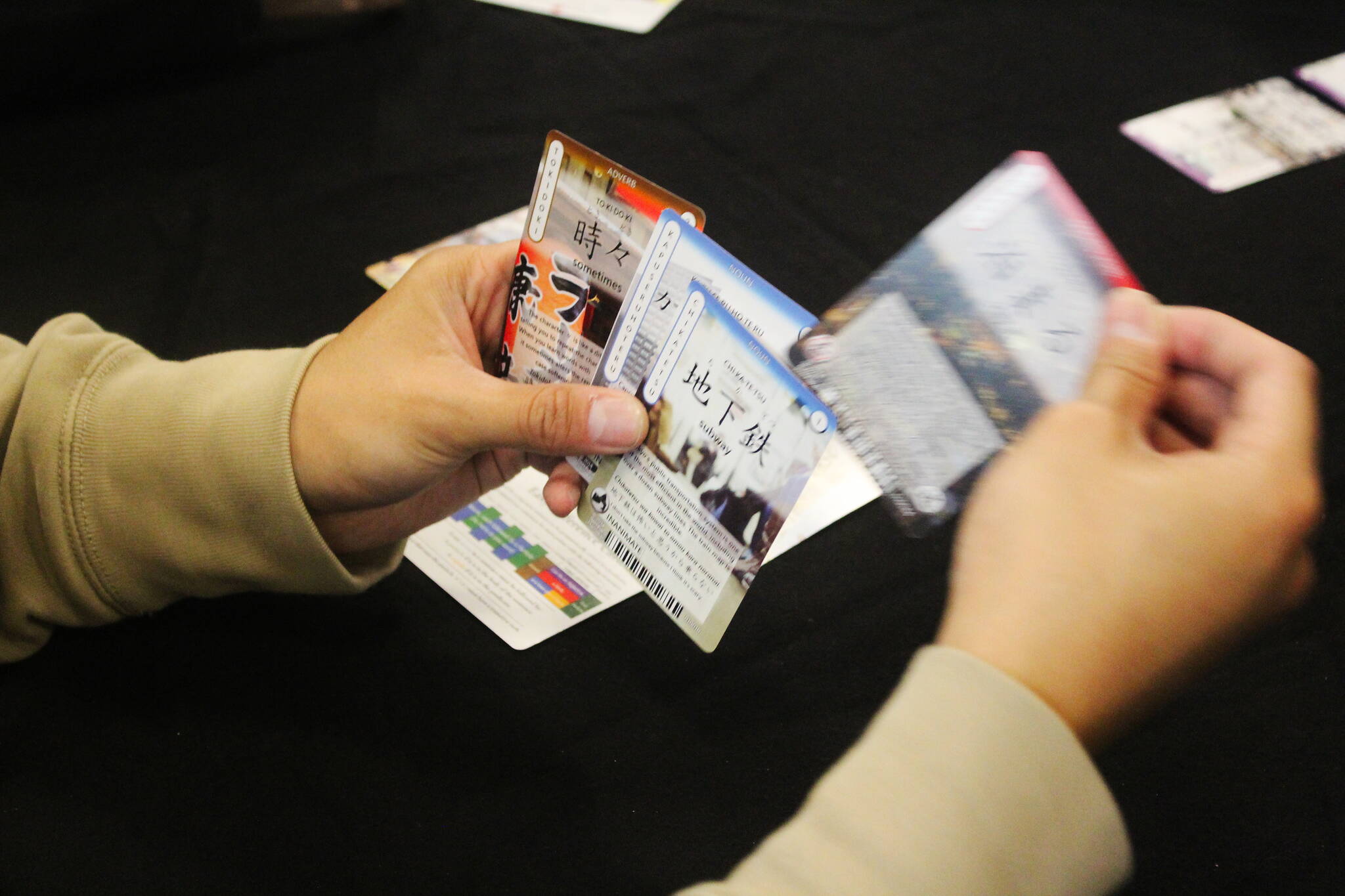It has been 20 years since the Penny Arcade Expo (PAX) first made landfall in the Pacific Northwest. Since then, the “celebration of gaming and gaming culture” has expanded to Boston (PAX East), Melbourne (PAX Aus) and Philadelphia (PAX Unplugged) — and the people who attended the first few PAX events are now bringing their kids to this Labor Day weekend games tradition.
During this year’s major milestone anniversary, we spoke with a few local game developers, creators and PAX entities.
Cookie Brigade
Founded in 2007, Cookie Brigade is a grassroots organization that has become a mainstay of PAX, raising money for the official charity of PAX, Child’s Play, which donates toys and games to children’s hospitals.
“It started as two people just handing out cookies to people in line, just as a community thing for fun,” said Hayden Kane, the social media manager for Cookie Brigade. “People kept wanting to give them money for the cookies, and they said, ‘No, we’re not selling them. We’re just giving them out for the community.’ And then they eventually decided to start collecting money for charity. And then eventually that zip bag turned into a Tupperware, and then two Tupperwares, and then a backpack, and then a wagon. And now we have a full size booth on the show floor.”
A 501(c)(3) nonprofit organization established in Maple Valley, Cookie Brigade has raised over $1 million in 17 years, with an additional $64,000 from this year’s PAX West. While it started out as handing out cookies to folks attending the expo, Cookie Brigade has expanded to creating special pins, plushes, t-shirts in order to fundraise, while still giving away cookies.
“The cookies have always been free, and they still are,” Kane said. “If you want a cookie and you can’t donate, it doesn’t matter, you come to the booth and you will get a cookie.”
Japanese: The Game
Created by Bernhard Hamaker of Sequim, “Japanese: The Game” is a card game that helps players learn the Japanese language by building grammatically correct sentences and vocabulary through play.
Inspired by his time living in Tokyo and then teaching Japanese to English-speakers, Hamaker designed the game while tutoring a student who had a hard time grasping the language.
“He had a student that just wasn’t getting it, no matter how hard he worked,” said David Hamaker, Bernhard’s brother, who was working the game’s booth at PAX West. David explained that Hamaker designed the game to help his student learn the language by physically forming the sentences via play and decided to create a Kickstarter to turn it into a game for anyone wanting to learn the language.
“All of the PAX [events] are good shows for us. It’s the right crowd of people, people who enjoy gaming and people who want to learn stuff, people who are curious, people who love Japanese [things]. It’s an obvious choice, and we’re the only people doing anything like it,” said David.
A Corgi’s Cozy Hike
Created by the Seattle-based Daniel Scalise of Scalisco, in collaboration with Johnson Do, “A Corgi’s Cozy Hike” is a special “therapeutic adventure” game where you play as a corgi exploring an island, while raising money for local animal shelters.
“I used to work at Amazon as a developer, and then I quit my job because I just wanted to do something more fulfilling. And so I saw how dog shelters needed so much help and I just thought, ‘What if I put my skills to good use?’ And so I said, ‘What if we make games that donate to animal shelters?’,” said Scalise. “For this game in particular, I did a short hike and thought, maybe we could try to make something like that, and cross it with “Banjo-Kazooie” or “Spyro”, and that’s kind of what this has turned into.”
According to Scalise, 20% of all proceeds from “A Corgi Cozy Hike” and his other games go towards King County-based animal rescues, including Forgotten Dogs Rescue and even Pets Alive Oregon in Portland. Dogs and charity are a major theme for Scalisco games and while first-person shooter and more mainstream games are still extremely popular, Scalise says that more people want to play more wholesome video games.
“I think people, especially after the pandemic, still really feel like we want something to relax,” said Scalise. “The economy is stressful, politics are stressful. We want to just sit down and play something that’s like, not like brain killer. And I think that’s why wholesome games are thriving.”


